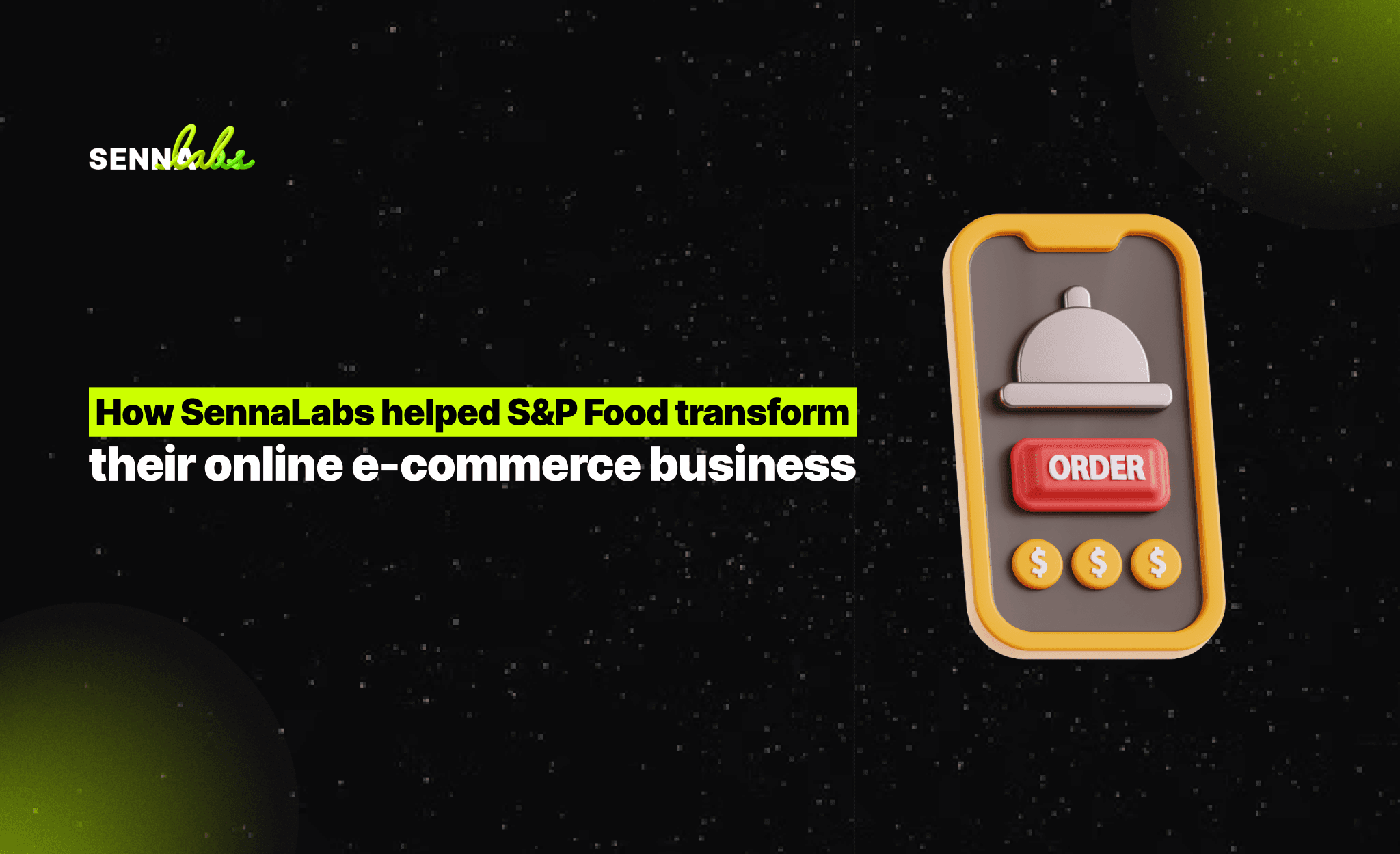Leveraging Backlinks to Strengthen E-commerce SEO: Proven Methods and Real
Share

In today’s competitive e-commerce landscape, gaining visibility and ranking well in search engine results pages (SERPs) can make a substantial difference for online businesses. One of the most effective ways to strengthen SEO is by building quality backlinks. Backlinks, especially from credible sources, enhance a website’s authority, boost search engine rankings, and drive targeted traffic. This article explores proven backlink strategies tailored for e-commerce brands, including examples of how businesses can utilize partnerships, influencer marketing, and guest posts to grow their online presence.

Why Are Backlinks Important for E-commerce SEO?
Backlinks are hyperlinks from other websites that point to your own. When reputable websites link to your content, it signals to search engines that your site offers valuable and credible information. Google and other search engines view these inbound links as "votes of confidence," improving your site’s authority. This, in turn, boosts the chances of your website ranking higher on SERPs.
For e-commerce, backlinks are essential because they:
-
Improve Domain Authority: Backlinks from trustworthy sites increase the authority of your site, helping it rank for competitive keywords.
-
Drive Referral Traffic: Quality backlinks from relevant sources bring in direct visitors interested in your products or content.
-
Enhance Brand Recognition: Getting featured on reputable sites makes your brand more visible and credible to a larger audience.
-
Provide Long-Term SEO Value: Unlike paid ads, which require continuous investment, backlinks offer a sustainable impact on your SEO.
The following strategies can help e-commerce brands build a strong backlink profile and achieve better search engine rankings.
1. Building Backlinks through Strategic Partnerships
Establishing partnerships with reputable websites, companies, or influencers in related industries can provide natural backlinking opportunities. For example, collaborating on content creation, joint promotions, or product launches can lead to mutually beneficial backlinks from each partner's website.
Real Example: Partnership-Driven Backlinking
Imagine an eco-friendly skincare brand that partners with a popular wellness website to co-create content on sustainable beauty practices. The wellness website features a detailed article linking to the skincare brand’s site, showcasing its products and eco-conscious values. This partnership helps the skincare brand earn a high-quality backlink from a trusted wellness source, improving both its SEO and brand image.
How to Implement Partnership Backlinking
-
Identify Potential Partners: Look for reputable businesses or websites that align with your brand values and target similar audiences.
-
Create Joint Content: Collaborate on content such as blog posts, case studies, or co-branded guides that add value to both audiences.
-
Leverage Social Channels: Contact potential partners through email or social media to discuss collaboration ideas that include backlinks.
Strategic partnerships not only bring valuable backlinks but also broaden the reach and credibility of an e-commerce brand, especially when the partner site has a loyal and engaged audience.
2. Using Influencer Marketing to Gain Quality Backlinks
Influencers with strong online followings and credible platforms can help e-commerce brands acquire backlinks and drive traffic. By working with influencers, e-commerce brands can gain links from influencer blogs, personal websites, or even high-authority social media profiles that link back to the brand’s site.
Real Example: Influencer Marketing for Backlinks
Consider a fitness equipment retailer that collaborates with a well-known fitness influencer. The influencer writes a detailed blog post about their fitness journey and highlights how the retailer’s products have helped them. In the article, the influencer includes a link to the retailer’s website. This backlink from an influential figure in the fitness community enhances the credibility of the retailer and drives targeted traffic.
How to Implement Influencer Marketing for Backlinks
-
Choose Relevant Influencers: Focus on influencers whose followers align with your target market and who own reputable websites or blogs.
-
Offer Product Samples or Exclusive Deals: Provide influencers with free products, exclusive discounts, or early access to new releases in exchange for an honest review and a backlink.
-
Encourage Quality Content: Work with influencers to create authentic content that resonates with their audience and includes a link to your e-commerce site.
Influencer-driven backlinks not only improve your SEO but also increase brand awareness among followers who trust the influencer’s recommendations.
3. Writing Guest Posts for Industry-Relevant Websites
Guest posting remains one of the most popular backlinking strategies in the SEO world. By creating high-quality content for industry-relevant websites, e-commerce brands can gain exposure to a new audience and secure backlinks from credible sources. Guest posts also allow you to position your brand as an authority in your industry.
Real Example: Guest Posting for Backlinks
Imagine an e-commerce store specializing in organic baby products. The store writes a guest post for a reputable parenting website on “The Benefits of Organic Products for Babies,” including a link back to their site. This backlink from an established parenting platform improves the e-commerce site’s authority in the organic product niche, leading to a higher SERP ranking.
How to Implement Guest Posting for Backlinks
-
Research High-Quality Websites in Your Industry: Look for credible websites and blogs in your field that accept guest posts. Focus on sites with high domain authority and a large readership.
-
Pitch Unique Content Ideas: Offer article topics that are valuable, unique, and relevant to the target site’s audience.
-
Include Natural Backlinks: In the content, add a backlink that feels relevant and helpful rather than overly promotional, linking to pages with high-value content like product guides or educational resources.
Guest posting allows e-commerce brands to build quality backlinks while showcasing their expertise in industry-specific topics, driving credibility and authority.
4. Creating Shareable Content That Naturally Attracts Backlinks
High-quality, shareable content is likely to be referenced by other websites, which can earn you organic backlinks. Examples of shareable content include in-depth guides, research reports, infographics, and videos. When you create content that people find valuable, informative, or visually appealing, they are more inclined to link to it.
Real Example: Shareable Content for Natural Backlinks
An e-commerce store selling eco-friendly kitchenware publishes a comprehensive guide on “Reducing Plastic Waste in the Kitchen,” complete with an infographic. The guide is shared widely on social media and linked by sustainability blogs and environmental websites, resulting in several quality backlinks.
How to Create Shareable Content
-
Produce In-Depth Content: Create valuable content like how-to guides, case studies, and original research that provide actionable insights.
-
Use Visual Elements: Visuals, like infographics or videos, make content more engaging and shareable.
-
Promote Content Across Channels: Increase content visibility by promoting it on social media, forums, and content-sharing platforms to encourage shares and links.
By investing in high-quality, shareable content, e-commerce brands can attract natural backlinks from reputable websites without extensive outreach.
5. Leveraging PR and Media Coverage
Public relations (PR) and media coverage can provide substantial backlinking opportunities, as journalists and media outlets often include backlinks to the websites they feature. By sharing newsworthy stories, unique insights, or innovative products, e-commerce brands can attract media attention and earn high-authority backlinks.
Real Example: PR for Backlinks
Imagine an e-commerce brand that offers personalized pet accessories. The brand creates a press release about launching a new line of eco-friendly pet products, which attracts the interest of a major online publication in the pet industry. The article includes a link to the brand’s website, providing a valuable backlink and significant exposure to a relevant audience.
How to Use PR for Backlinks
-
Develop Newsworthy Angles: Identify unique aspects of your business that might interest journalists, such as product innovations or social initiatives.
-
Reach Out to Relevant Publications: Pitch your story directly to journalists or publications in your industry, providing all necessary details to facilitate their coverage.
-
Leverage PR Platforms: Use services like HARO (Help a Reporter Out) to connect with journalists seeking expert insights and industry-specific information.
Media coverage not only delivers valuable backlinks but also improves brand awareness and positions the e-commerce business as a trusted authority.
Conclusion
Quality backlinks are fundamental for strengthening e-commerce SEO, as they improve search engine rankings, increase brand credibility, and attract more relevant traffic. By leveraging partnerships, influencer marketing, guest posts, shareable content, and PR, e-commerce brands can build a strong backlink profile that enhances online visibility and supports long-term growth.
These strategies, when implemented thoughtfully, provide sustainable SEO benefits and help e-commerce businesses stand out in a competitive digital market. Quality backlinks are an investment in your website’s authority and trustworthiness, paving the way for better search engine performance, a wider audience reach, and, ultimately, increased sales and conversions.

Share

Keep me postedto follow product news, latest in technology, solutions, and updates
Related articles
Explore all


